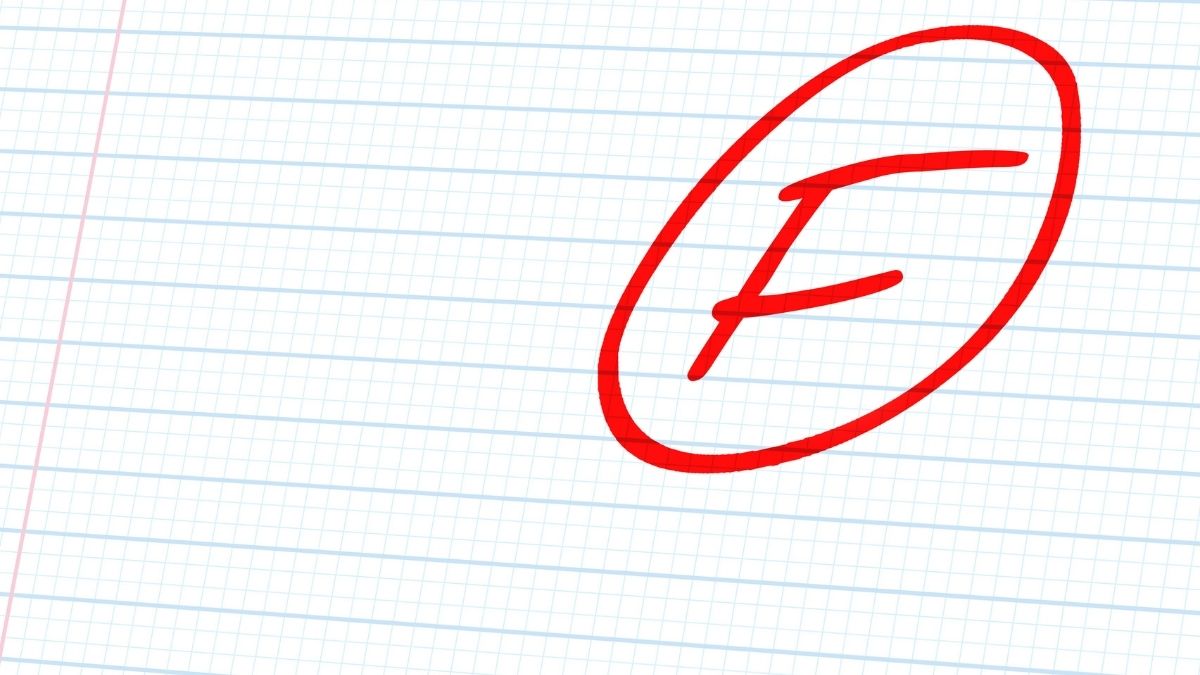
Many students at the University of South Africa (UNISA) may find themselves facing supplementary exams as the academic year draws to a close. Supplementary exams provide an opportunity for students who didn’t perform well on their regular exams to rewrite them and improve their grades. However, it is crucial for UNISA students to understand the implications of failing a supplementary exam and how to navigate this situation effectively. In this article, we will delve into the various aspects related to supplementary exams at UNISA, addressing questions such as “What is the pass mark for supplementary exams in UNISA?” and “What happens if I fail a supplementary exam at UNISA?” We will also provide guidelines on how to avoid failing a supplementary exam and explore the options available to students in such circumstances.
Understanding the Importance of Supplementary Exams
- Purpose and Eligibility:
- Supplementary exams offer students a second chance to improve their academic performance in a specific course.
- Students who have not achieved satisfactory results in their regular exams may be eligible to write a supplementary exam.
- These exams are designed to help students redeem themselves and achieve better grades.
- Causes of Supplementary Exams:
- Various factors may contribute to the need for supplementary exams, including confusion over course materials, unforeseen life events, or exam anxiety.
- While some students fail the regular exams, others may pass but aim to enhance their grades through supplementary exams.
- It is important to recognize that passing a supplementary exam is not guaranteed, and students should approach them with dedication and preparation.
Consequences of Failing a Supplementary Exam
- Impact on Academic Progress:
- Failing a supplementary exam can hinder a student’s progress in their studies.
- If a student fails a supplementary exam, they may be required to retake the entire course, which can result in additional costs and delays in graduation.
- Financial Implications:
- Retaking a course due to failing a supplementary exam can incur additional fees.
- Students should consider the financial implications and the potential impact on their academic journey before taking supplementary exams lightly.
Pass Mark for Supplementary Exams at UNISA
- Minimum Threshold:
- To be eligible for a supplementary exam, a student’s overall performance on the original exam should be below the minimum passing grade of 40%.
- Higher Passing Grade Requirement:
- Some courses may require students to achieve a higher passing grade on the supplementary exam, which could be equal to or higher than 40% of the total possible grade.
Guidelines to Avoid Failing a Supplementary Exam
- Study and Preparation:
- Students should approach supplementary exams with the same level of dedication and preparation as regular exams.
- Identify areas of weakness and focus on improving them through targeted study plans.
- Seek academic support if needed, such as tutoring or consulting with professors.
- Time Management:
- Allocate sufficient time for studying and revision to ensure comprehensive coverage of the course material.
- Create a study schedule and stick to it to avoid last-minute cramming.
- Self-Reflection and Learning from Failure:
- If a student fails a supplementary exam, they should reflect on what went wrong and identify areas for improvement.
- Use the experience as an opportunity for personal growth and enhancement of academic performance.
Options After Failing a Supplementary Exam
- Retaking the Course:
- If a student fails a supplementary exam, they may have to retake the entire course to fulfill the academic requirements.
- Consider the time and financial implications of retaking the course before making a decision.
- Seeking Academic Support:
- Students can explore additional academic support options, such as seeking guidance from professors, joining study groups, or utilizing university resources like tutoring centers.
- Exploring Alternatives:
- Failing a supplementary exam may prompt students to consider alternative pathways, such as exploring other majors, minors, credentials, or internships.
- Discussing options with academic advisors can provide valuable insights and help students make informed decisions.
Conclusion
Supplementary exams at UNISA offer students an opportunity to improve their academic performance and enhance their grades. However, failing a supplementary exam can have consequences such as retaking the course, financial implications, and delays in graduation. To avoid failing a supplementary exam, students should approach them with diligence, study effectively, seek academic support if needed, and learn from their failures. It is crucial for UNISA students to understand the pass mark requirements for supplementary exams and consider alternative options in case of failure. By being proactive and taking the necessary steps, students can navigate the challenges of supplementary exams and continue their academic journey effectively.
#Education #Internships #Learning #Management #University of South Africa (UNISA)